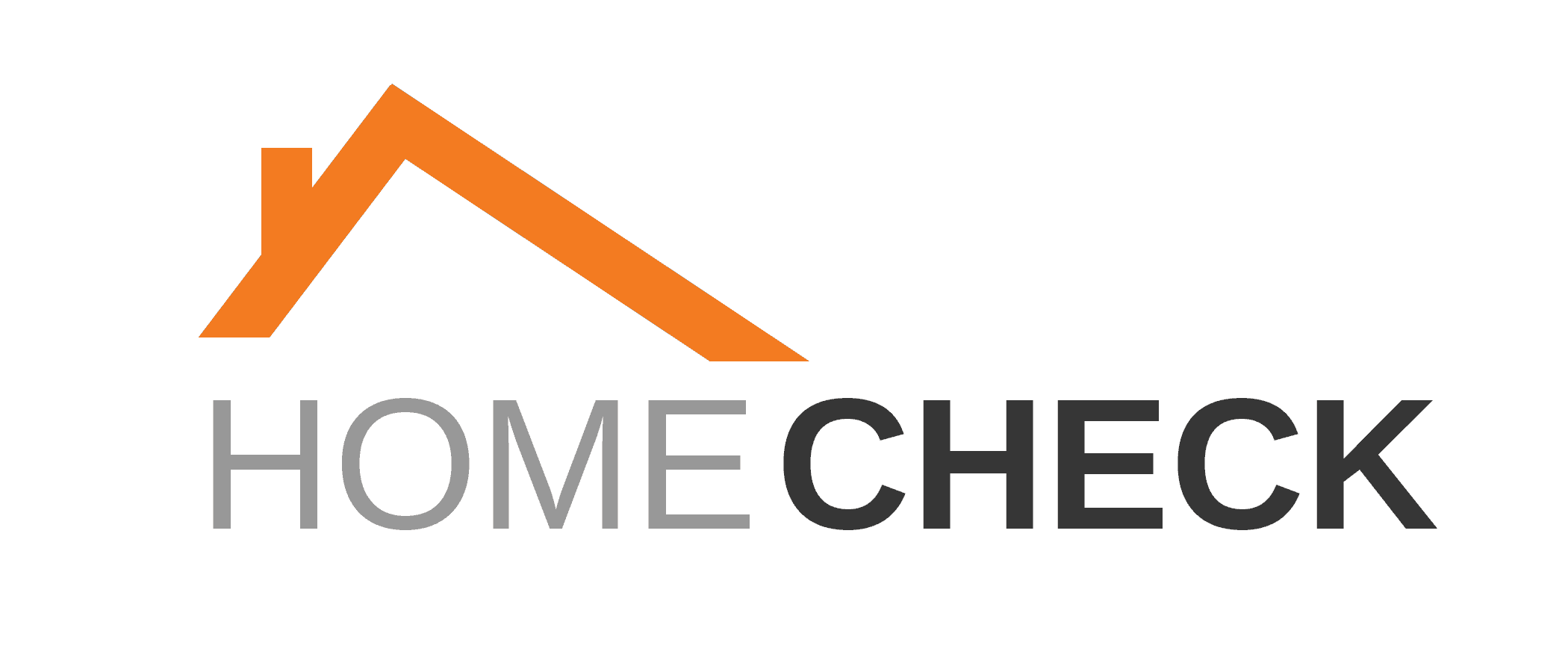Buying a home is often one of the most significant investments we make in our lives. Whether it’s your first home or a new property, ensuring its structural integrity and identifying potential issues are crucial steps in making an informed decision. One essential tool in this process is the comprehensive home inspection report.
Understanding the Role of a Home Inspection Report
A home inspection report is a detailed assessment of a property’s condition, conducted by a licensed professional. It goes beyond the surface aesthetics and delves into the structural components, electrical systems, plumbing, HVAC (heating, ventilation, and air conditioning), and more. The report aims to provide a clear picture of the property’s overall health, identifying existing problems and potential future issues.
Why Comprehensive Reports Matter
- Informed Decision-Making: A thorough inspection report arms you with essential information about the home’s condition. This knowledge empowers you to negotiate repairs or adjustments in the sale price, or even decide against purchasing if major issues are uncovered.
- Financial Planning: Knowing the state of the property helps you plan for future maintenance costs. For instance, if the roof is nearing the end of its lifespan or the electrical wiring needs updating, you can budget accordingly.
- Safety and Health Concerns: Issues like mold, asbestos, or faulty wiring pose significant health risks. A comprehensive report will flag these hazards, allowing you to address them before moving in or to renegotiate terms with the seller.
- Insurance and Resale Value: Insurance companies and future buyers often request inspection reports. A clean bill of health from a thorough inspection can streamline insurance approvals and enhance resale value.
- Legal Protection: In some jurisdictions, sellers are required to disclose known issues. A comprehensive inspection report provides legal protection by documenting the property’s condition at the time of purchase.
What Makes a Report Comprehensive?
A detailed inspection report should include:
- Visual Assessment: Observations and photographs of both exterior and interior components.
- Structural Integrity: Assessment of the foundation, walls, roof, and other structural elements.
- Systems Check: Evaluation of electrical, plumbing, HVAC, and other essential systems.
- Safety Concerns: Identification of potential safety hazards such as radon, mold, or lead paint.
- Maintenance Suggestions: Recommendations for ongoing maintenance to prolong the life of the home’s components.
Choosing the Right Inspector
Selecting a qualified inspector is crucial. Look for certifications, experience, and references. A reputable inspector will provide a detailed report in a timely manner, ensuring you have ample time for further evaluations or negotiations.
Conclusion
Investing in a comprehensive home inspection report is not just a prudent financial decision; it’s a step towards ensuring your safety, peace of mind, and long-term satisfaction with your home purchase. By understanding the true condition of the property, you can make informed choices and avoid unexpected expenses down the road. Remember, a little diligence now can save you from a lot of headaches later.
Whether you’re buying your dream home or an investment property, a thorough inspection report is your ally in making a confident and informed decision.

